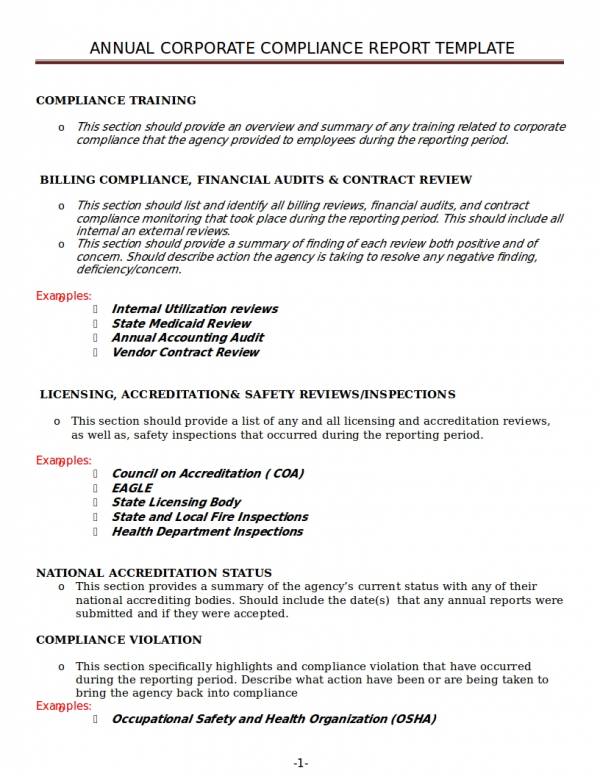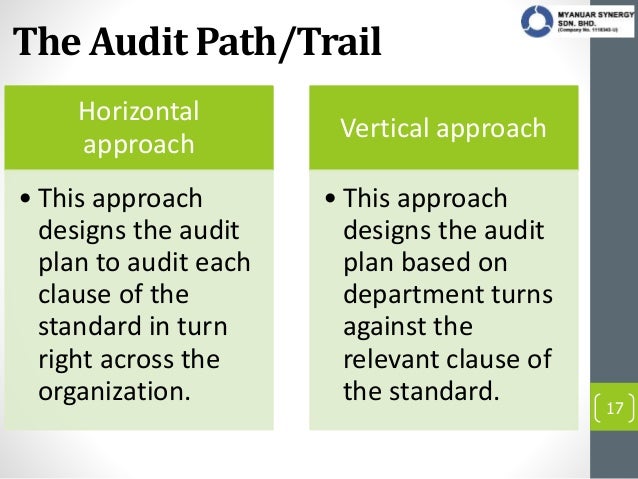
The analysis also allows for the organization of findings, identification of strengths and prioritization for action. Gaps should be investigated because you do have a failure - just not an incident. An analysis is important to understanding the results.įor instance, a non-compliant procedure may mean that the company lacks an effective change management process, lacks a reliable method to track legislative change, or lacks a good method to produce and approve procedures.įailing to find root causes on incident reports may mean that the process itself is flawed, there is no standard cause methodology applied, or that the process flow from report to investigation and review in the organization is not well defined or understood. They will reveal that you lost points for a gap, but seldom analyze what that means.Ī recommendation will address the specific gap but never reveal what caused it. Most audits will not actually tell you what the results mean.

Gaps commonly occur in areas such as incident investigation, training/competency, or written procedures. It is a great way of highlighting weaknesses, validating what you are doing, or finding strengths that can be leveraged for the organization’s benefit. Failing to analyze audit results is a missed opportunity for improvement and demonstrating the value you bring as an OH&S professional.Ī safety audit looks at specific areas of your safety system or program. When the report is completed and provided, it is typically filed following decisions on a few action items. The COR program offers discounts on worker’s compensation rates in most provinces and many contractor evaluation processes expect supplies to have a COR. In western Canada, Certificate of Recognition (COR) audits are done by an external auditor every three years. Usually they occur on a regular basis every three years or even every year depending on where you work. Just had a safety audit? Whether you passed it or not, there is still important work to be done.Īudits happen all the time. To contact us please email call +1-88 (Toll Free).Audit scores seldom reflect the underlying cause of gaps or strength in an organization, just as safety audits seldom reflect how safe an organization is.

We respect feedback/opinions of our customers which enables us to improve our products and services. However if you are not able to view the webinar or you have any concern about the content of the webinar please contact us at below email or by call mentioning your feedback for resolution of the matter. On-Demand Recording purchases will not be refunded as it is available for immediate streaming. Registrants will be notified 24hours in advance if a cancellation occurs. Webinar may be cancelled due to lack of enrolment or unavoidable factors. On-Demand Recordings can be requested in exchange. Refunds will not be given to participants who do not show up for the webinar. The attendee could choose between the recorded version of the webinar or refund for any cancelled webinar. ComplianceOnline would process/provide refund if the Live Webinar has been cancelled. Registrants may cancel up to two working days prior to the course start date and will receive a letter of credit to be used towards a future course up to one year from date of issuance. However in absence of specific refund policy of an offering below refund policy will be effective. Our refund policy is governed by individual products and services refund policy mentioned against each of offerings. He has been a volunteer seminar instructor for the National Office of the Institute of Internal Auditors for several years and has taught numerous classes including: audit report writing, communication skills for auditors, advanced operational auditing, leadership skills for auditors, CIA review course, and more.
EXAMPLES OF POSITIVE AUDIT FINDINGS PROFESSIONAL
His certifications include: Certified Internal Auditor (CIA), Certified Fraud Examiner (CFE), Certified Government Auditing Professional (CGAP), and Certified Internal Control Auditor (CICA). Keith received a BA degree in economics from Clark Atlanta University (formerly Clark College). He also worked at Norfolk Southern Railway (Southern Railway) as a senior operational auditor and started his career at the Federal Reserve Bank of Atlanta as a bank examiner. Prior to that, he worked at MARTA as the operational audit manager and senior contract compliance auditor. He was also responsible for the review and approval of all internal audit correspondence including audit reports, executive summaries, internal and external correspondence, etc. He served in that capacity for over 10 years and was responsible for administering their overall audit activities. He retired in 2012 as the assistant general manager (AGM) of internal audit with the Metropolitan Atlanta Rapid Transit Authority (MARTA) in Atlanta, GA. Jonnie Keith has been in auditing for over 40 years.


 0 kommentar(er)
0 kommentar(er)
